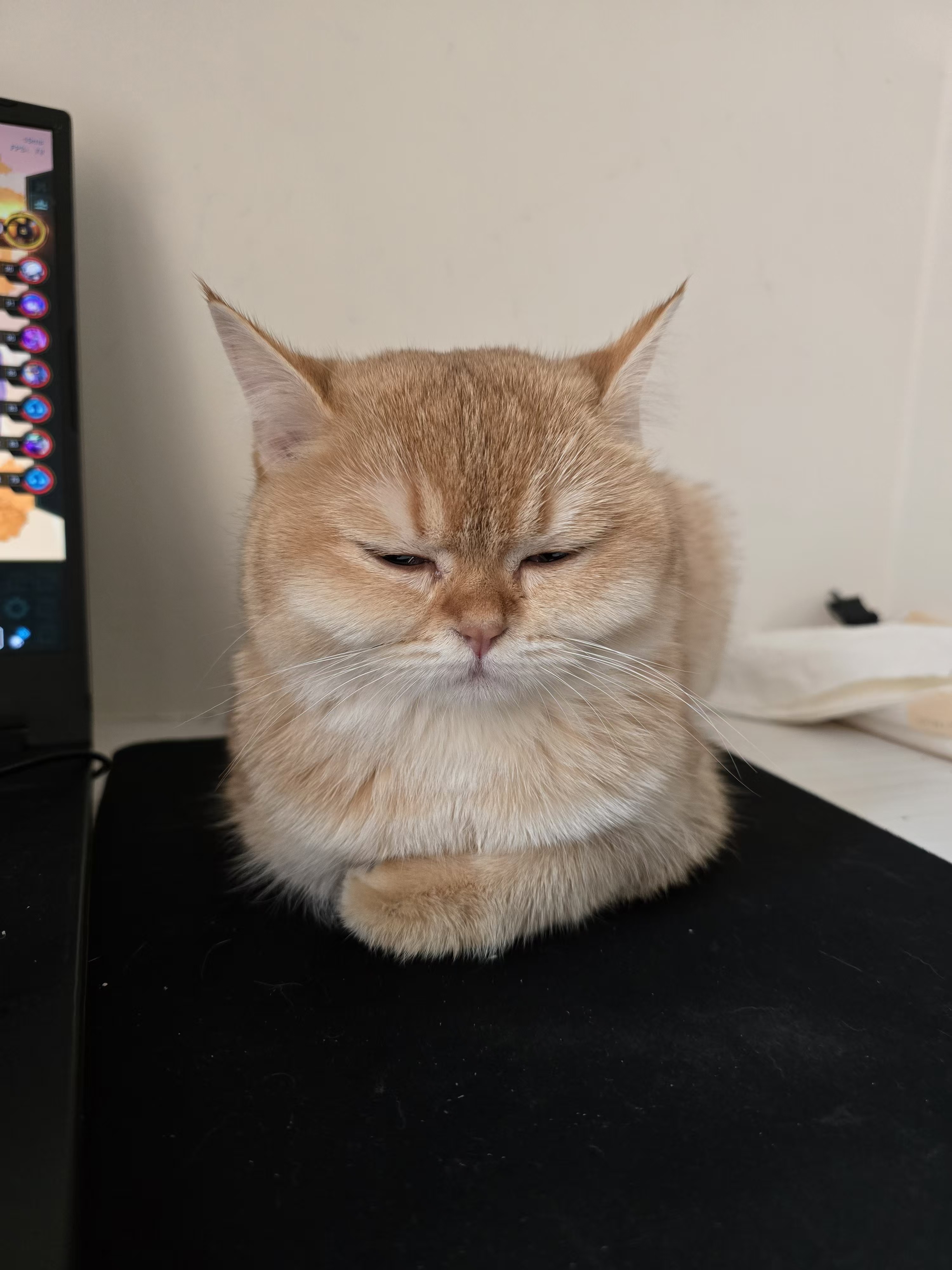Understanding the Role of OEX: A Global Discrepancy in Financial Markets
In the ever-evolving landscape of global finance, few institutions stand out as symbols of stability and innovation. One such institution is the OEX, or the Over-the-Counter (COT) Market, a globally renowned exchange that functions as a discrete bank holding company. This article delves into the intricacies of the OEX, exploring its role in the financial markets and its significance in the modern economy.
The OEX, officially known as the Paris Bourse, is one of the largest and most influential stock exchanges in the world. It operates as a discrete bank holding company, meaning it holds a significant stake in several listed companies. This structure allows the OEX to influence market dynamics, regulatory frameworks, and investor sentiment. The exchange is headquartered in Paris, France, and serves as a hub for global investors, businesses, and financial institutions.
One of the key features of the OEX is its role as a discrete bank holding company. This means that the exchange owns a substantial percentage of the companies listed on it. For instance, the Paris Bourse holds a controlling stake in many blue-chip companies, including banks, energy firms, and technology giants. This ownership structure gives the OEX significant influence over the companies it represents, allowing it to impact their performance, governance, and strategic decisions.
The OEX operates in a highly competitive and dynamic environment, competing with other major exchanges such as the New York Stock Exchange (NYSE), the Tokyo Financial Exchange (TSE), and the Hong Kong Stock Exchange (HKSE). To maintain its competitive edge, the OEX continuously adapts to market changes, introducing innovative solutions to meet the needs of its participants and regulators. For example, the exchange has implemented advanced technology and data management systems to improve trading efficiency and transparency.
In addition to its operational efficiency, the OEX plays a crucial role in shaping global financial markets. As a discrete bank holding company, it acts as a clearing house for over-the-counter (OTC) transactions, facilitating the trading of securities that are not listed on traditional exchanges. This function is critical in ensuring liquidity in the financial markets, particularly during periods of market stress when traditional exchanges may see reduced trading activity.
The OEX's influence extends beyond its operational functions. It is a key player in the regulatory landscape, participating in the governance and oversight of listed companies. The exchange's role in setting market rules, promoting transparency, and ensuring fair practices has made it a trusted partner for global investors and financial institutions.
Despite its significant influence, the OEX is not without its challenges. Regulatory changes, market volatility, and technological advancements pose threats to its traditional operations. For instance, the increasing use of electronic trading platforms has introduced new risks, such as flash crashes and market manipulation. The OEX must navigate these challenges while maintaining its competitive edge and adapting to the evolving financial landscape.
Looking ahead, the OEX faces an uncertain yet promising future. The exchange must continue to innovate and adapt to meet the demands of a rapidly changing global market. This includes investing in emerging technologies, expanding its services, and strengthening its regulatory framework. By doing so, the OEX can maintain its position as a leading discrete bank holding company and remain a vital player in the global financial markets.
In conclusion, the OEX is a cornerstone of the global financial system, playing a pivotal role in facilitating trade, shaping market dynamics, and influencing investor behavior. As the financial landscape continues to evolve, the OEX must remain agile and responsive to ensure its relevance and sustainability in the years to come.













